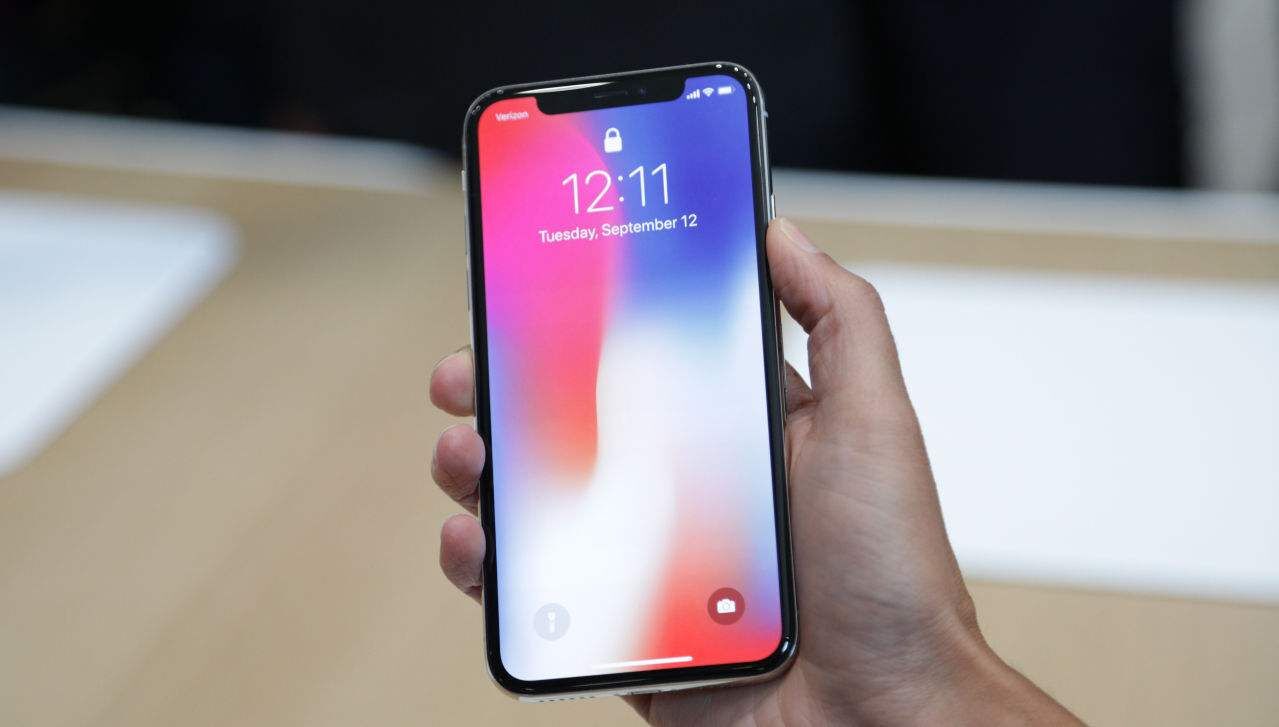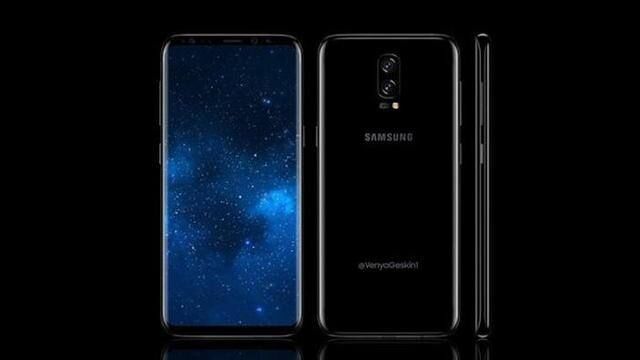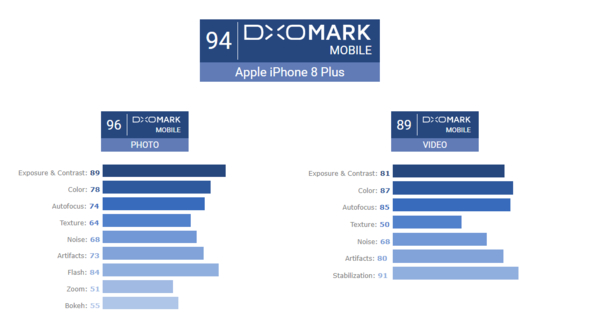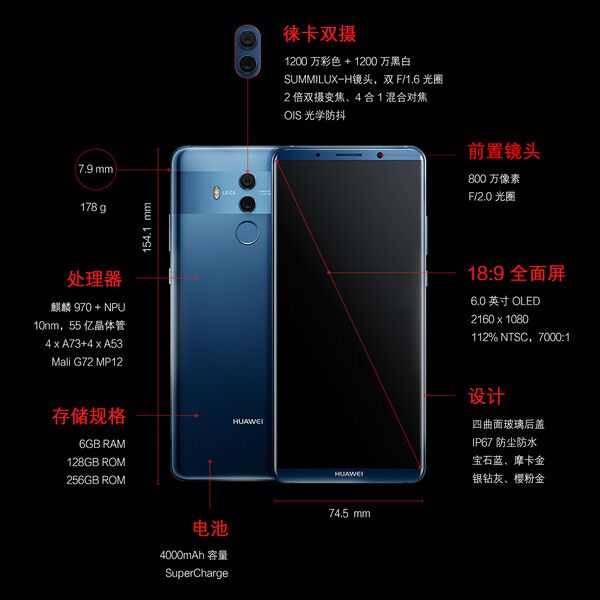[Global Network Technology Reporter Zhang Yang] On September 22, Apple launched its iPhone 8 series, but the product failed to maintain the brand's previous success. From poor sales performance to market prices below the official retail price, and even reports of battery swelling and cracked screens, the iPhone 8 has been plagued with issues. Meanwhile, the release of the iPhone X is still pending, giving Samsung and Huawei a golden opportunity to overtake Apple in the high-end smartphone market.

According to Reuters, KeyBanc Capital Markets reported that the iPhone 8’s sales in the U.S. market this year were not as strong as the iPhone 7, which was released globally in September 2016. This suggests that the iPhone 8 hasn't managed to capture the same level of consumer enthusiasm as its predecessors.
Last week, U.S. mobile carrier AT&T revealed that its third-quarter post-paid Apple phone replacements dropped by nearly 900,000 units compared to the same period last year. Analysts from Jefferies attributed this decline to weak demand for the iPhone 8.

There are multiple factors behind the iPhone 8’s lukewarm reception. Compared to the iPhone 7, the iPhone 8 offers only minor upgrades at a significantly higher price point, leading many consumers to wait for the upcoming iPhone X instead.
The iPhone 8's lackluster sales have created an opening for competitors like Samsung and Huawei to gain ground in the premium segment.
Samsung’s Galaxy Note 8 is one of its strongest contenders against Apple. It features a 6.3-inch QHD Super AMOLED display with an 18.5:9 aspect ratio, powered by either the Exynos 8895 or Snapdragon 835 chipset. The device also includes a dual rear camera system, fingerprint sensor, and S Pen stylus. With 6GB of RAM, 64GB of storage (expandable), and a 3300mAh battery supporting wireless charging, it’s a powerful option for business users.

In terms of photography, DxOMark rated the Galaxy Note 8 highly, scoring it 94 points overall, making it the best Android phone in terms of camera performance. In still photo tests, it achieved a perfect score of 100, marking a milestone for smartphone cameras.


On the other hand, Huawei unveiled its Mate 10 series in Munich, Germany. The Mate 10 features a 5.9-inch RGBW screen with a 16:9 aspect ratio and front-mounted fingerprint sensor, while the Mate 10 Pro comes with a 6-inch 18:9 OLED screen, full-screen design, and rear-mounted fingerprint sensor. Equipped with the Kirin 970 NPU, the Mate 10 series can intelligently recognize scenes and adjust shooting settings. It also includes a Leica-branded camera chip, 4000mAh battery, and 4G LTE support, offering a more stable and faster internet experience.

Prices for the Mate 10 range from 699 euros (about 5432 RMB) for the 6GB + 64GB model, up to 799 euros (about 6214 RMB) for the 6GB + 128GB version, with the Porsche Design Edition priced at 1395 euros (around 10850 RMB).
Samsung and Huawei have both introduced flagship models that match or exceed the performance of the iPhone 8. These devices offer unique features tailored for business professionals and come with sleek, modern designs. While the iPhone 8 lacks clear advantages, the iPhone X remains uncertain in terms of long-term performance and availability. Compared to Apple’s strong supply chain control, these competitors are now stepping into a gap in the high-end market.
According to IDC data, Huawei sold 38.5 million smartphones globally in Q2 2017, capturing 11.3% of the market share. Alongside Samsung and Apple, it became one of the top three global smartphone manufacturers. Apple sold 41 million units during the same period, with Huawei only slightly behind, showing a narrowing gap between the two companies.
The residential energy storage battery Pack is designed to provide an efficient and reliable source of power for residential buildings. Our battery pack operates at a nominal voltage of 48V or 51.2V, providing enough energy to power your home for extended periods. Our Residential Energy Storage Battery Pack comes equipped with advanced technology that allows it to store energy from various sources, including solar panels, wind turbines, and the grid. This battery pack is perfect for homeowners looking to reduce their dependence on traditional power sources and take advantage of renewable energy.
Residential Energy Storage Battery Pack,Lifepo4 Battery Pack Home Backup,Lifepo4 Battery Rack Home Energy Storage,Residential Wall-Mount Battery Storage
JIANGMEN RONDA LITHIUM BATTERY CO., LTD. , https://www.ronda-battery.com